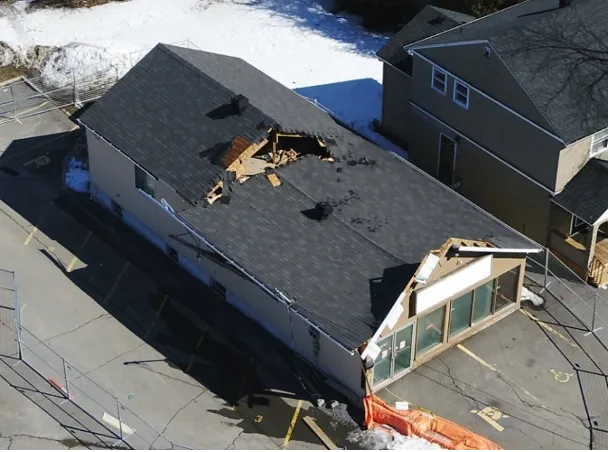
Informational
Understanding building code requirements when getting a new roof
When it’s time to replace or install a new roof, one of the most critical steps is ensuring that the project meets local building code requirements. These regulations are in place to ensure the safety, durability, and proper construction of your roof. For homeowners, understanding these requirements can seem overwhelming, but working with a professional contractor, like StormCare Roofing, makes the process much easier.
Here’s a guide to help you understand why building codes matter and how they affect your roofing project.
What are building codes?
Building codes are a set of regulations that specify the standards for construction. They are enforced by local municipalities and designed to protect property owners by ensuring that buildings are safe and structurally sound. When you install or replace a roof, it’s essential to follow these codes to avoid fines, ensure proper insurance coverage, and maintain the safety of your home.
Why are building codes important for your roof?
Building codes exist for several reasons, but here are the top benefits:
- Safety: Roofing codes ensure that your roof can withstand various weather conditions such as high winds, heavy snow, or rainstorms.
- Longevity: Complying with codes ensures that the materials and installation techniques used extend the life of your roof. Proper ventilation, for example, can prevent mold and moisture buildup that could compromise your home’s structure.
- Resale Value: Future buyers want assurance that your home was built to code. Non-compliant roofs could result in expensive repairs or legal issues down the road.
- Insurance: Many insurance companies require proof that your home complies with local building codes. If your roof doesn’t meet these requirements, it could void your insurance coverage or lead to a denial of claims.
Key building code requirements for roofing
Every city and state has its own set of building codes, but some general requirements apply to most roofing projects:
- Permits: In most areas, you will need to obtain a permit before any major roof replacement. This permit ensures that the work will meet local building codes and will be inspected upon completion.
- Roof decking: The roof deck, or the layer under your shingles, must meet structural requirements. If your deck is damaged or deteriorated, it must be repaired or replaced to ensure the roof’s integrity.
- Nail patterns and fasteners: Building codes dictate the type and number of fasteners (nails or staples) used to secure roofing materials. This prevents shingles from being blown off during high winds.
- Fire Ratings: Roofing materials must meet specific fire-resistant standards. This ensures that the roof can help prevent the spread of fire, an essential feature for both safety and insurance purposes.
Why work with a licensed contractor?
Understanding and navigating building codes can be complicated, but hiring a licensed and experienced contractor ensures your new roof complies with all regulations. At StormCare Roofing, we handle everything from permits to final inspections, ensuring your project meets all local requirements.
Here’s why working with a licensed contractor is essential:
- Code knowledge: We stay updated on all local and state building codes, so you don’t have to worry about compliance.
- Streamlined Process: From pulling permits to scheduling inspections, we handle the logistics, ensuring a smooth roofing project.
- Quality Workmanship: Building code compliance isn’t just about avoiding fines; it’s about ensuring that your roof lasts. Our team follows best practices and code requirements to provide a long-lasting, high-quality roof.
Ensuring that your new roof complies with building codes is critical to maintaining the safety, durability, and efficiency of your home. Partnering with a trusted roofing contractor like StormCare Roofing guarantees that your roofing project meets all local requirements, giving you peace of mind and a roof that lasts for years to come.
For more information or to schedule a consultation, contact StormCare Roofing today! We’re here to guide you every step of the way, from permits to f